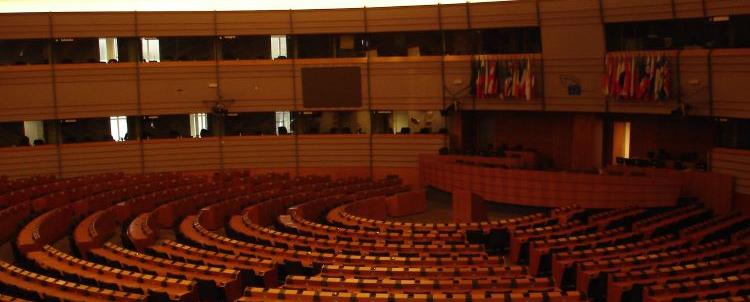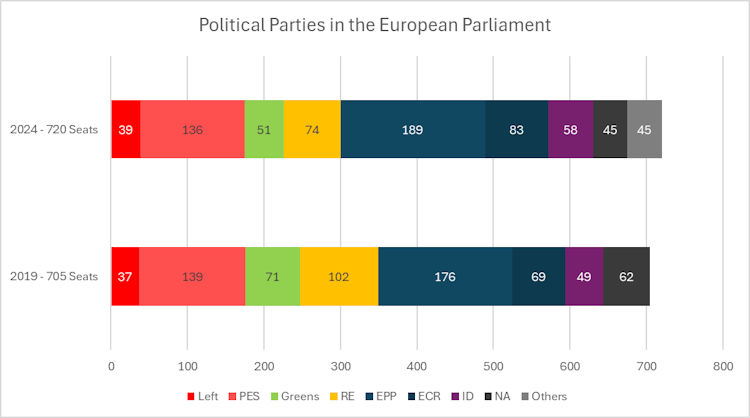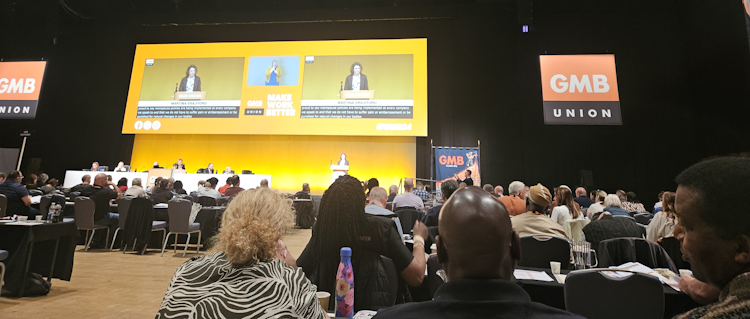While as argued elsewhere, the story of the night is that the election result is a tremendous victory for Labour, but on examination the voting coalition is small and potentially fractious. Those who fear a timid one-term Labour government to be replaced by an ethno-nationalist majority, either led by Reform or consisting of a populist rump of the Tory party in coalition with Reform may be justified.
Labour won less votes than in 2019 despite it increasing the number of votes in Scotland and the Labour vote share was much lower than the polls were predicting. It is the lowest voter share delivering a landslide ever and the turnout was also at under 60% low.
The four pro-Palestinian victories together with the near misses particularly in Birmingham but also in Ilford North, together with Ian Duncan Smith’s survival must be a warning. The growth of the Green vote and their victories another. “Labour will need to listen these voters,” Shabana Mahmood MP who managed to keep her seat concludes. Asad Rehman of War on Want, agrees: “The idea that Labour can safely ignore its progressive voters and tack to the right to win votes is no longer tenable.”
Lewis Goodall in his awesome thread, argues that, “In many places Conservative vote collapsed and Reform was the beneficiary. Labour didn’t necessarily gain that much but came through the middle.” The danger is that voters want the thuggish ethno-nationalism of Reform and of the racist right in the Tory party; as I have argued, being out of the EU does not inoculate the country from a far-right resurgence. Reform are now the third party by votes won.
My dad once said that governments lose elections, oppositions do not win them, and that would seem to be what happened here.
Labour’s strategy planners will be very happy. We’ll have to wait to see what was raised and spent and where, (although we may never know about this). Obviously, the size of the majority speaks for itself, but the decisions to not fight Reform, particularly in Clacton may well come to bite them in the arse. Note that on their terms, they were right, but they didn’t need to be so vicious to the candidate, but that’s how they do. Clacton is not the only seat in which support was withdrawn and we can be sure that factional politics will be part of it, although probably not in Clacton. Not fighting Reform is extraordinary poor politics but they have very little.
This leads us to Goodall again “Labour’s victory is broad but potentially fragile. It is going to require profound political skill to keep this coalition together when the adhesive of being the antidote to the Tories is taken away. Starmer is going to have to look in multiple directions with different opponents in second seats in different places. It’s a deeply fragmented political picture and political geography.” This skill does not exist with the Party bureaucracy, nor the appetitie. Nor probably in what was LOTO.
A lot will depend on whether they can generate the economic growth to make life easier for people and that unlike in the USA, the Labour government can take the credit for it.
But despite my worries, a Labour government is very welcome, the growth on Reform votes is not. …











